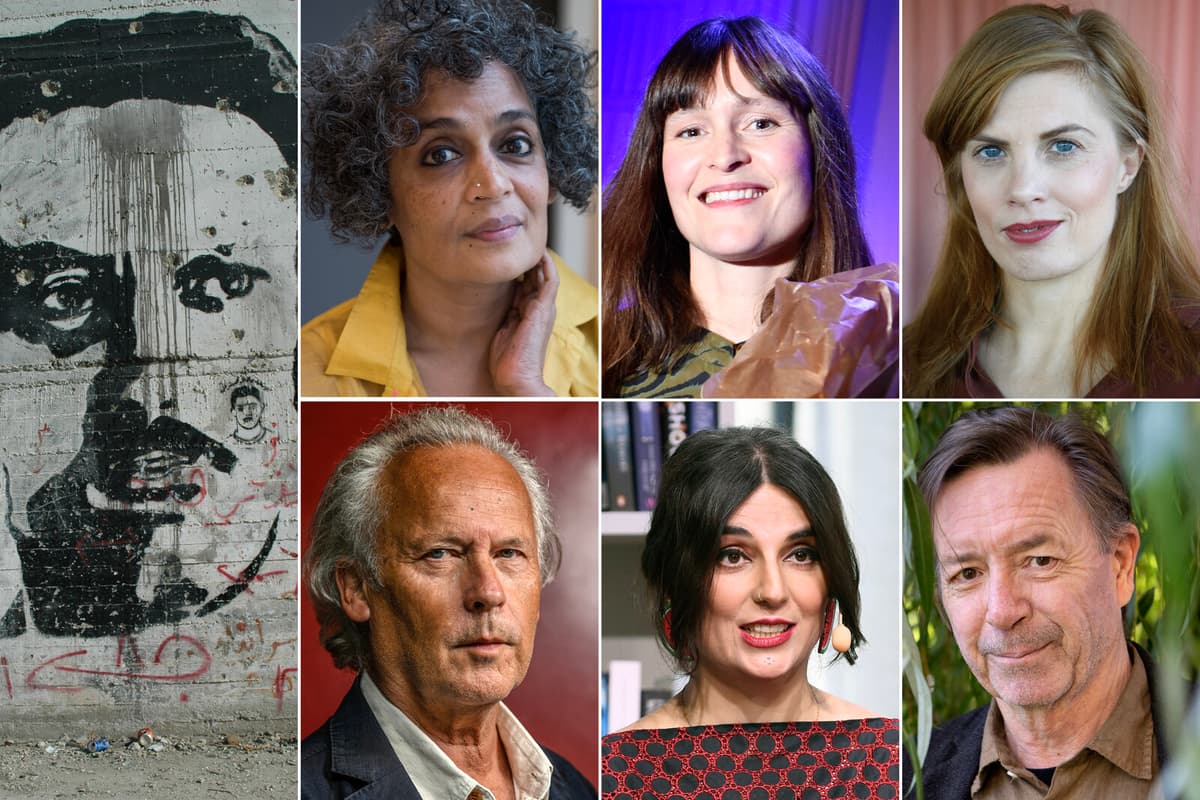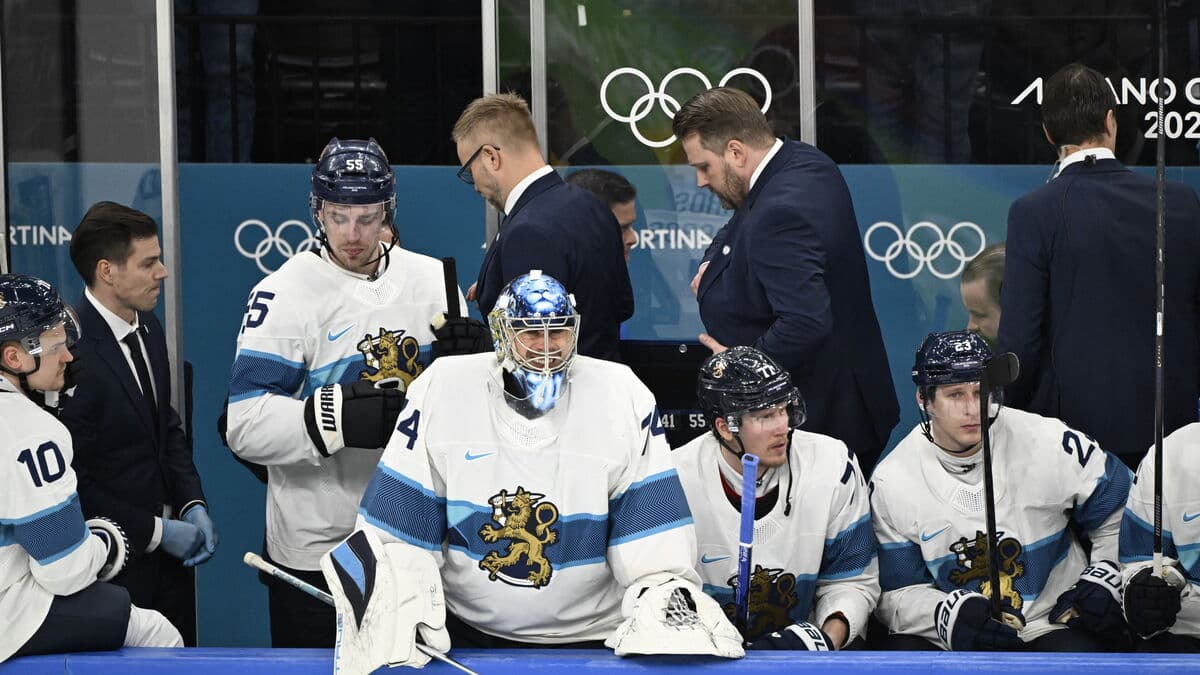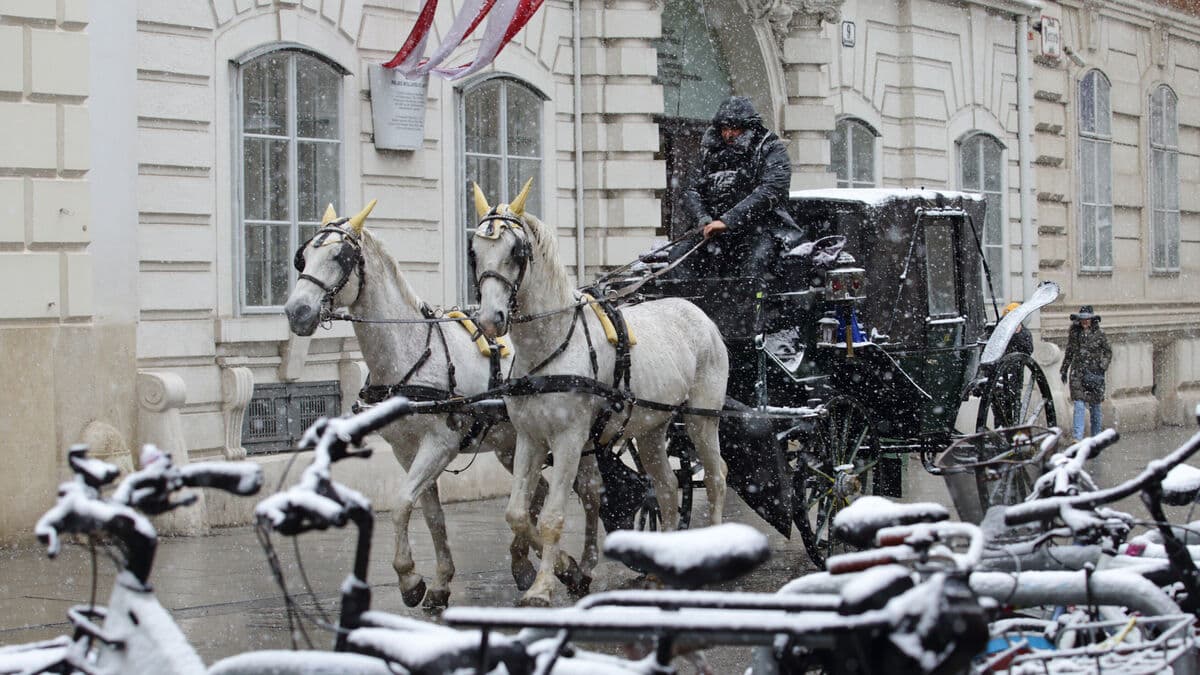”Eurydikes natt” (28/8), Elin Cullheds first novel after the August Prize, is about Karin, whose first great love – Alfred – affects her roughly at the same time as she is exposed to a sexual assault.
Bea Uusma received the August Prize for her book about the André expedition and became a doctor to be able to understand why the expedition's three men died on Vitön – despite the fact that they could have survived. Now she is digging further in ”Vitön: the independent continuation of 'Expeditionen – Min kärlekshistoria'" (14/10).
Balsam Karam, described as one of Swedish literature's new bright spots, comes with ”Mörk materia – a love novel” (6/10), the final part of her space trilogy about themes such as war, migration, loss, and love.
Mossad
Loss and exile are central also with the Palestinian Ghassan Kanafani. His ”Tillbaka till Haifa och andra berättelser från Palestina” (2/8) is written before 1972 when Kanafani was killed in a bombing attack carried out by the Israeli intelligence service Mossad.
With ”Klenoden” (3/9) Klas Östergren highlights the moral state in Sweden – from an unbearable poet and his life drawer. In ”Artens överlevnad” (12/9) Lydia Sandgren also portrays a biographer, Karl, who writes about an Italian conductor.
Karl Ove Knausgård has reached part five – ”Arendal” (20/10) – in the series ”Morgonstjärnan”, about a man who has lost his footing. Also Vidar in Alex Schulman's ”17 Juni” (22/8) loses direction. He calls back to his childhood summer cottage, and when the long-dead father answers, a chasm opens.
Darkness of upbringing is also found in Mikael Yvesand's ”Våran pojke” (3/9), his first novel after the debut success ”Häng City”.
A mother
In ”De heligas stad” (19/9) Steve Sem-Sandberg goes all the way back to the Middle Ages in German Münster where radical so-called Anabaptists – co-religionists of the Mennonites and Amish – stormed the Catholic cathedral which led to a bloody conflict.
Indian Arundhati Roy became a world name with ”De små tingens gud”. Now comes her memoirs, ”Mitt skydd och min storm" (31/10) , about growing up with a single mother – a decisive force.
Also Aboriginal Alexis Wright, last year surprisingly a Nobel Prize favorite on Ladbrokes, returns in Swedish, now with the brick ”Praiseworthy” (6/10), according to the New York Times the most ambitious and completed Australian novel this century”.
Correction: It is Holly Gibney who gets an assignment in Stephen King's new novel.
15/8 “Liken vi begravde” by Lina Wolff takes place in a Scanian village where ”violence seems to grow out of the ground".
19/8 “Kärlekens tid” by Magnus Västerbro who has written the history of love.
19/8 “Rygga inte undan” by Stephen King, whose private detective Holly Gibney gets the assignment to protect a fearless feminist activist.
20/8 “Kejsaren av glädjen” by Ocean Vuong about the friendship between an old woman and a young man whose suicide she stops.
25/8 “Monique flyr” by Édouard Louis who continues to write about his mother and her relationship with an alcoholic and violent man.
26/8 “Konsten att försvinna” by Ellen Mattson who portrays a friendship put to the test.
2/9 “Den barmhärtige mördaren” by Patrik Svensson. The author of “Ålevangeliet” has now written about the last staters.
11/9 “Jag önskar dig lagom lycklig” by Tove Alsterdal who writes about her father, Alvar Alsterdal, and his lover Inger Wahlöö.
15/9 “Mina vänner” by Fredrik Backman, about four young people's revolutionary friendship that comes simultaneously in English and is also chosen as the month's reading by Jimmy Fallon in the American “Tonight show”.
29/9 “Vem var min mor på jorden”, new poetry collection by Jila Mossaed.
14/10 ”Förödmjukelse” by Lea Ypi who continues the story of her family in communist Albania which she began in ”Fri. En uppväxt vid historiens slut”.
18/11 “Om uträkning av omfång 6” by Solvej Balle, the second to last book in her septology.






